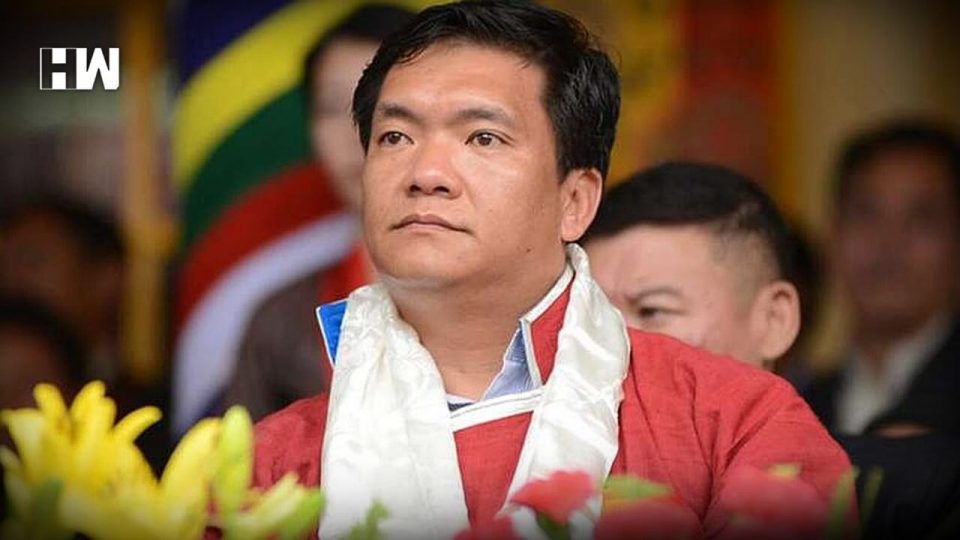Arunachal Pradesh CM Pema Khandu had last week stated that the state government is planning to repeal the 4 decades old Anti-conversion law known as the Arunachal Pradesh Freedom of Religion Act, 1978. Speaking in an event organised by the Arunachal Pradesh Catholic Association, the CM had stated that the law could undermine secularism and is probably targeted towards Christians.
According to a report, the BJP is making this move to draw Christians to their side ahead of the 2019 elections. However, the leader of Arunachal Christian Forum denied that this was a political move.
CM Khandu had added that the law would be brought for repeal in the next assembly session as it could be misused in the future by irresponsible officials.
The two main religions observed by people of Arunachal Pradesh are Christianity and Buddhism. People also follow many other indigenous faiths, according to another article. The report also added that over the past few decades, Arunachal Pradesh witnessed a steady growth in the number of people who have converted to Christianity. Most of them convert from indigenous faiths.
However, many tribal leaders and followers of native faiths in the state have criticised the move and are calling for the anti-conversion law to stay. 2 of the leading organisations of indigenous faiths, the Indigenous Faith and Cultural Society of Arunachal Pradesh (IFCSAP) and Nyishi Indigenous Faith and Cultural Society (NIFCS) have expressed in their statements that the condemn the move and it is an act of Christian appeasement. They reportedly added that the move will harm the cultural growth of indigenous faiths and will be detrimental to them.
As an independent media platform, we do not take advertisements from governments and corporate houses. It is you, our readers, who have supported us on our journey to do honest and unbiased journalism. Please contribute, so that we can continue to do the same in future.

